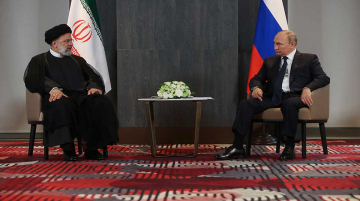As per usual, the articles published by the wider Mediterranean region’s media offer interesting insights into how China is perceived. Among the most valuable ones, we found commentaries published in Iran that further shed light on the local perception of the much-discussed new cooperation agreement between Beijing and Tehran. China’s role in Gulf and eastern Mediterranean security, the fate of the China-Iraq “oil-for-investment” deal, and Chinese investments in Israel are also among the topics that we cover in this issue of the ChinaMed Observer.
Iran
In Iran, the newspapers Etemad and Donya-e-Eqtesad published a number of articles that reveal how Iran understands China’s goals in their relationship, and how past interactions with China have shaped today’s cautious approach of the Iranian government. According to Etemad, Iran made three mistakes in its past dealings with China that should not be repeated again:







